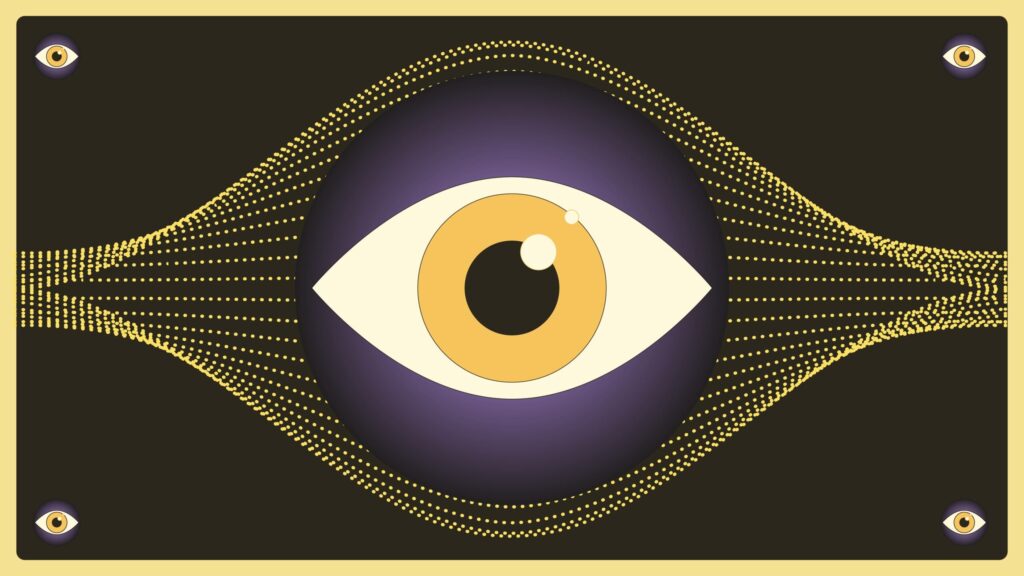Vermont Senator Patrick J. Leahy (D), introduced sweeping privacy legislation on Wednesday that would protect computer network-stored personal information and extend existing video privacy protections to library users and book buyers.
The Electronic Rights of the 21st Century (S-854) would also extend cable television subscribers’ personal privacy protections to include customers of home satellite systems. The bill would also prohibit law enforcement authorities from monitoring individual cell phones and cell phone conference calls without court orders.
The legislation has been referred to the Judiciary Committee for review.
Robert Ellis Smith, publisher of the Privacy Journal, endorsed the bill, saying “Comprehensive legislation like this is needed and reasonable.”
Mentioning that the bill “extends the protections of video rental records to those of libraries and booksellers,” Smith deplored its failure to address the use of “video surveillance without sound” by law enforcement and others. “[I]t’s time for Congress to look into it since surveillance without sound is not covered by existing laws,” he said.
The Direct Marketing Association withheld comment while it reviews the measure and its potential effect on marketers, particularly those involved in electronic commerce.
Leahy said, in a statement, that his bill was necessary as “current laws do not apply [existing] privacy principles in an evenhanded manner. Video rental stores and cable operators are subject to privacy laws to protect our right to keep our viewing habits private, but no protections exist for the books we borrow” or buy.
The measure “would impose the same nondisclosure rules on booksellers, whether online or in physical spaces, that apply to video rental stores. Generally, book sellers would be barred from disclosing personally identifiable information concerning a book purchaser without that purchaser’s written consent given at the time the disclosure is sought,” he added.
Leahy said it will “help ensure that [our] Fourth Amendment rights [under the U.S. Constitution] to be secure in their persons, houses, papers and effects against unreasonable government searches and seizures are given ample protection” by requiring authorities to obtain court orders before they could monitor a variety of wireless communications, including conference calls and roving wiretaps.



